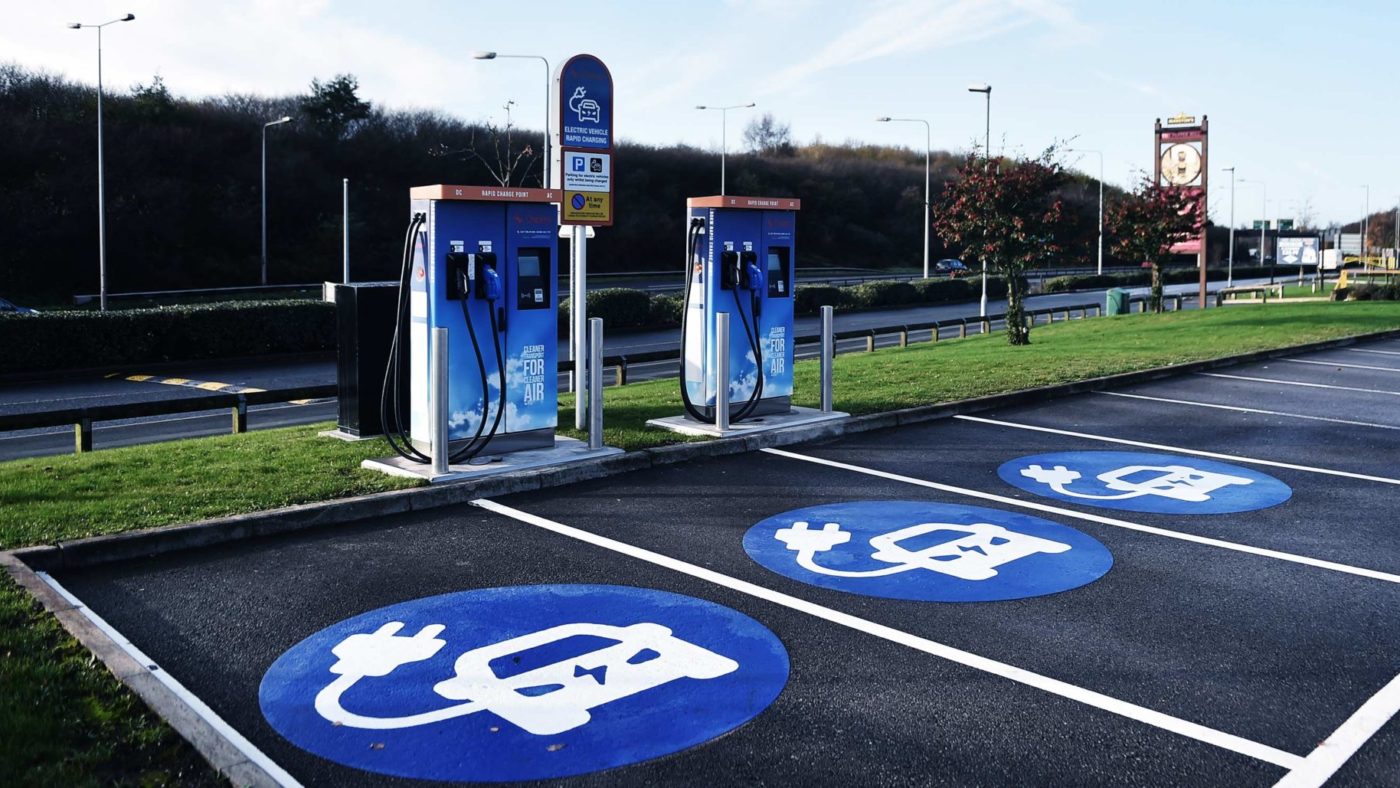As 2020 draws to a close, you don’t have to look hard for doom and gloom. With over 1.5 million Covid deaths and untold disruption and economic strife, it’s little surprise that this has been the worst year of many people’s lives.
Pessimism isn’t hard to come by when you look at the environment either. Five years on from the landmark Paris Agreement, we’ve added another two billion tonnes of CO2 to the atmosphere, extreme weather events linked to climate change have grown more severe and more numerous, and the world remains badly off track if we are to avoid the very worst impacts of rising global temperatures.
But, just as we were cheered by 90-year-old Margaret Keenan becoming the first person in the world to receive the Pfizer vaccine, we also have every reason to be optimistic about the fight against climate change too.
Ignore the apocalyptic doom-mongers of Extinction Rebellion who would have us supposedly protect the planet only by destroying our prosperity. If you scratch the surface, you will find that a quiet revolution has been going on since the Paris Agreement, and it has the potential not just to save the environment from disaster, but to put rocket boosters under the world’s economy too.
The Paris Agreement has sparked a transformation in the cost and competitiveness of low and zero-carbon solutions across the world economy, and this transformation is likely to get even faster over the next decade. Research from global consultancy Systemiq has found that, whilst virtually none of these technologies and business models were able to compete economically as recently as 2015, they are now competitive in sectors making up around a quarter of global CO2 emissions and projected to shoot up to be competitive in those comprising 70% of emissions by 2030.
What does this mean in practice? 35 million net new jobs for a start. And beyond that, growing competitiveness means falling costs and rising investment. Take solar power, for example: long derided as expensive and ineffective, the price of solar-generated electricity has plummeted by 89% in the last decade to become the cheapest form of power generation at a time when established fuels like coal are on the path to obsolescence.
The same is true of newer technologies like electric cars. What looked like a costly and inconvenient choice for most motorists even a couple of years ago will soon reach upfront price parity with diesel cars, with a greater range of models available and performance improving all the time.
This rapid change hasn’t happened by accident, and the fact that it has is a major vindication of conservative approaches. Whilst government action has been important in creating frameworks and stimulating private investment, it is the free market that is delivering these changes quickly and efficiently, abandoning fossil fuels and financing the technologies of the future. When huge companies like BP, Pepsi and Apple pledge to achieve net zero emissions, they aren’t doing it merely out of obligation to the environment, but because it makes sound business sense.
A growing number of right-leaning governments across the world understand that the choice between climate action and the economy is a false one. It was heartening to see conservatives from countries like Japan, Austria and Chile joining business leaders and our own Prime Minister at last weekend’s Climate Ambition Summit and pledging bold steps on climate change. Greater global ambition is still needed, and the implementation of these targets will be challenging, but we are now seeing a greener and more secure response to climate change.
The UK’s ambitious new target to cut its emissions by 68% by 2030 now needs to be turned into action, by making sure that all parts of the country share in the new jobs and opportunities that the transition to net zero will bring, and by using government support to drive the market tipping points that will make zero carbon technology cheaper and more convenient for the general public. In doing so, the Government would do well to heed the call of Conservative MPs calling for support for new technology like green hydrogen and electric heat that could significantly boost jobs and the economy, as well as protecting the environment.
With conservative governments in countries accounting for nearly a quarter of all CO2 emissions, we have a responsibility to act, but in doing so we have a great opportunity too. The facts are on our side – going green can and must mean growing prosperity too.
Just as we can now begin to be optimistic about a vaccine releasing us from the horrors of Covid-19, we have every reason to believe that the same combination of supportive government policy and brilliant private ingenuity will do likewise for the fight against climate change. A clean and prosperous future is there for the taking: we need to be the ones to take it.
Click here to subscribe to our daily briefing – the best pieces from CapX and across the web.
CapX depends on the generosity of its readers. If you value what we do, please consider making a donation.


